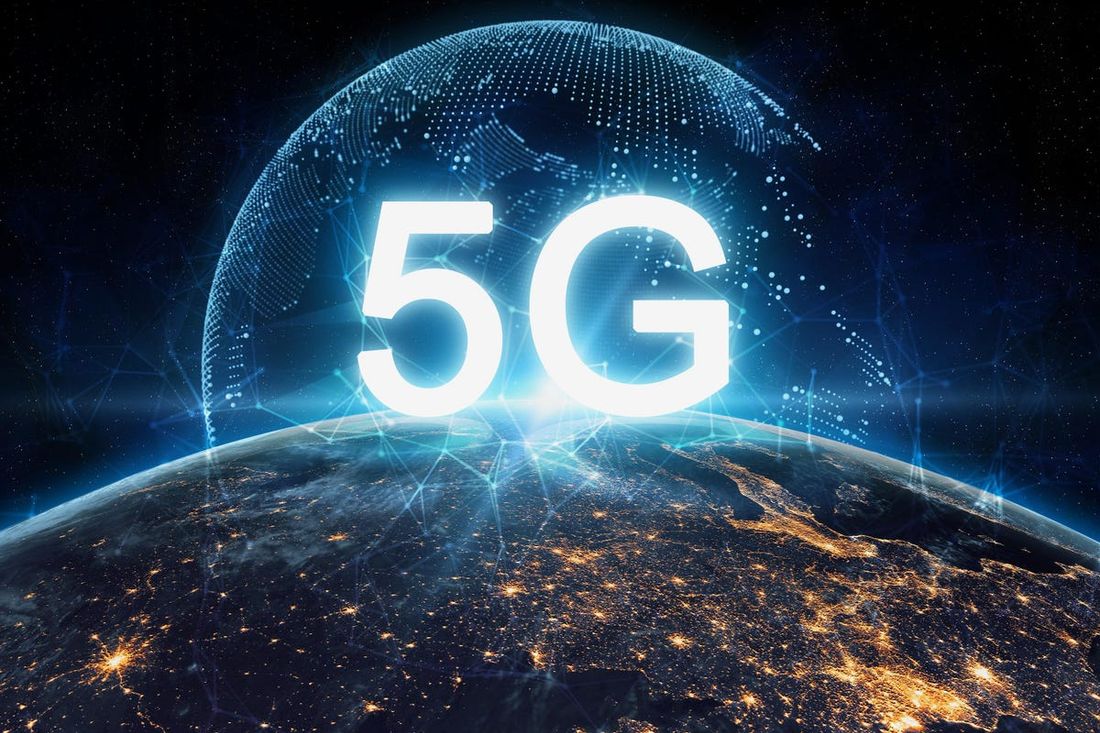5G technology is the fifth generation of cellular network technology, and it is set to revolutionize the way we connect to the internet and communicate with one another. As cities continue to grow and urban areas become more densely populated, 5G technology will play a crucial role in urban planning and the development of smart cities. This post outlines some of the key benefits of 5G in urban planning.
5G uses higher radio frequencies that are less cluttered and capable of carrying more information at a faster rate. 5G employs multiple input and multiple output antennae to boost signals and capacity and will also rely on lots of smaller transmitters stationed on many buildings around the city.
Another one of the most significant benefits of 5G technology is its ability to support a large number of devices in a small area. This means that cities will be able to support more connected devices per square kilometre, allowing for the development of smart cities and the integration of the internet of things (IoT) into everyday life. This includes everything from smart traffic lights and connected cars to energy-efficient buildings and improved public transportation.
5G technology also has the potential to improve public safety by providing faster and more reliable communications for emergency services. For example, 5G networks will allow emergency responders to quickly and easily access real-time video and data, which can be used to make more informed decisions and respond more quickly to crisis situations.
In healthcare, 5G can be used for remote monitoring. The high speeds of 5G can be exploited to monitor patients in their homes rather than have them traipse into the hospital. Fewer hospital admissions mean more efficient use of healthcare resources.
In addition, 5G technology will also play a key role in the development of autonomous vehicles. With its high speeds and low latency, 5G networks will allow for the real-time communication and coordination of self-driving cars, which will help to improve traffic flow and reduce the risk of accidents.
Finally, 5G technology will also have a significant impact on the way we work and live. With faster and more reliable internet connections, people will be able to work remotely and stay connected to their colleagues and clients no matter where they are. This will lead to a more flexible and mobile workforce, which will be able to adapt to the changing demands of the modern economy.
5G technology will play a vital role in the development of smart cities and the improvement of urban life. With its ability to support a large number of devices, improve public safety, and enable the development of autonomous vehicles, 5G networks will be a key component of urban planning and development in the years to come.
